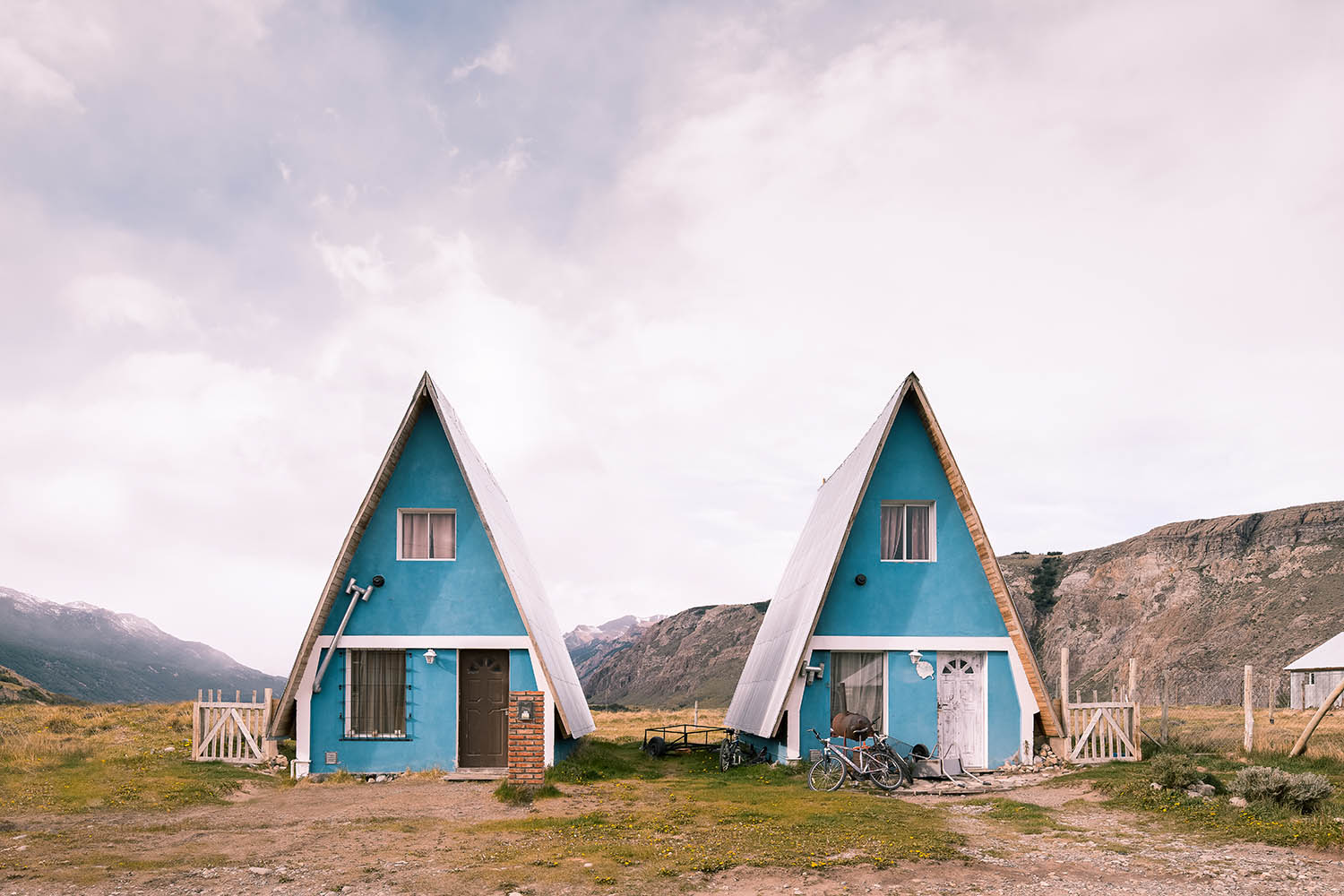In his 1973 book, The Country and the City, the Welsh cultural theorist Raymond Williams dismantled the “permanent and indeed timeless idea of the tranquillity of life in the country”. One wonders what he made of idyllic portrayals of Patagonia: the region at the southernmost tip of Latin America that stretches from the Andean glaciers in Chile to the Atlantic coast in Argentina, where at the end of the 19th century about 150 of his compatriots had settled in the hope of building a better life.
María Sonia Cristoff’s False Calm – a curious blend of memoir, travelogue, reportage and philosophical treatise – cuts through the romanticism associated with such migrations. Originally published in Spanish in 2005 and now translated into English by Katherine Silver, the book sees Cristoff return to the “ghost towns” of her Patagonian upbringing and document her experiences.
The result is a moving and darkly hilarious tour de force that balances its depiction of brutal material conditions with sensitive character portraits, razor-sharp cultural criticism and an examination of local myths. As Cristoff points out, “ghostly does not imply empty”.
Cristoff’s family came originally from Bulgaria: their arrival in Patagonia follows a well-established pattern. “In his blind obstinacy,” she writes in the opening pages, “my grandfather had joined the project of reconstructing one’s homeland in Patagonia.” The community he established, which she christens “Little Bulgaria”, resounds with “the Welsh of the playing field” – spoken by the blond, football–playing kids from the neighbouring farms – as well as the language that he and his childhood friends first struggle to identify as Spanish.
Drawing on these inherited memories, as well as her own experiences of wanting to escape to Buenos Aires as a teenager, Cristoff commits to locating the region’s “isolation … at its furthest extremes”. This involves moving from small town to town, and assembling a portrait of Patagonia from those who know it best.
The picture that emerges is one of poverty, disillusionment and relentless resource extraction. Many of Cristoff’s interlocutors once worked for YPF, “the Argentine petroleum refining company, created in 1922, a crucial part of the development of the national sovereignty in Patagonia”. In the aftermath of privatisation, however, employment within the oil industry is harder to come by; local businesses are struggling to survive. The hero of chapter one, León – a shopkeeper with schizophrenia who makes a good chunk of his money selling tickets for buses that frequently don’t turn up – laments the fact that he used to have up to 300 customers a day, whereas now, “on his very best days, he barely has 10”.
The people are not just victims but also survivors. Amid the pain and menace there is joy
The people are not just victims but also survivors. Amid the pain and menace there is joy
Cristoff has a sharp eye for the social and family dynamics shaped by abandonment, which she renders in a distinctive, precise style. “Clara is one of those women who takes ownership of a town,” she says of a grocery shop owner in Maquinchao. “There’s something dense about her, undigested.” The wife of an aviation enthusiast whose son died in a plane crash spends her days crocheting tablecloths, “as if she were a spider”.
In following the threads that connect systemic neglect and personal tragedy, Cristoff demonstrates how and why forgotten communities might grow cynical, disenchanted and paranoid. In one of the book’s most memorable sections, even the local canines seem to want the author gone: “The stray dogs that swarm around Cañadón Seco are helping me perceive with much greater clarity … that moment when a place feels compelled to expel an intruder, who in this case turns out to be me,” she writes.
But the people Cristoff comes into contact with are not just victims; they are also survivors. Amid the pain and menace, there are moments of respite, and even joy. It is in these details that False Calm reveals its defiant feminist streak: the textiles workshop led by Milka that gets “women out of their houses, teaching them how to earn a living”; the unfathomable resilience of a woman called Martina, abandoned as a child and abused by her husband, who soothes another woman’s despair by telling her about her pregnancy.
In the shadow of mountain ranges that resemble “grey, dense volcanic lava”, Cristoff displays a remarkable attunement to female agency and solidarity. The writing, like the landscape, is both terrifying and awe-inspiring.
Newsletters
Choose the newsletters you want to receive
View more
For information about how The Observer protects your data, read our Privacy Policy
False Calm: A Journey Through the Ghost Towns of Patagonia by María Sonia Cristoff and translated by Katherine Silver is published by Daunt Books (£10.99). Order a copy from The Observer Shop for £9.89. Delivery charges may apply
Editor’s note: our recommendations are chosen independently by our journalists. The Observer may earn a small commission if a reader clicks a link and purchases a recommended product. This revenue helps support Observer journalism
Photography by Thibaud Poirier
